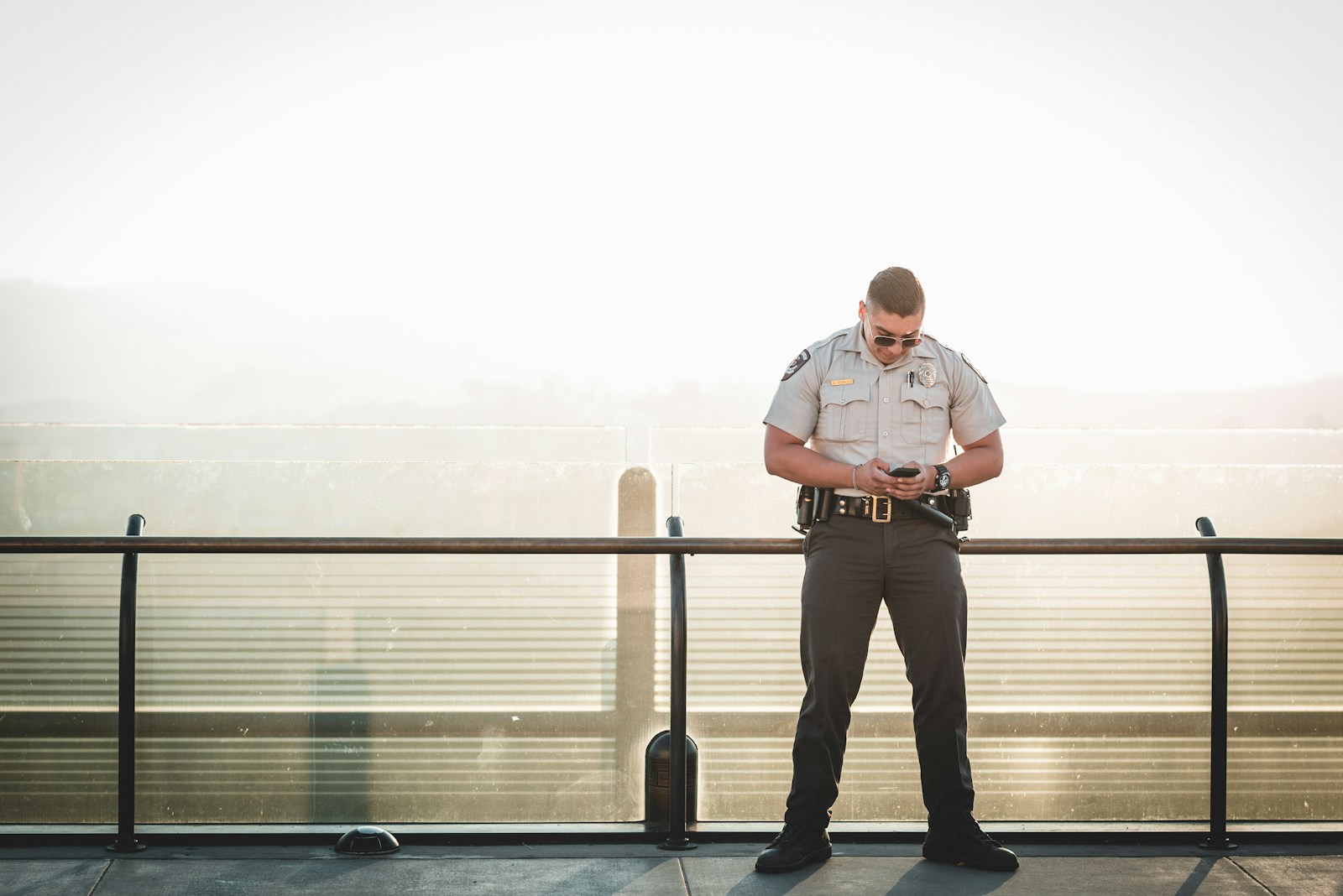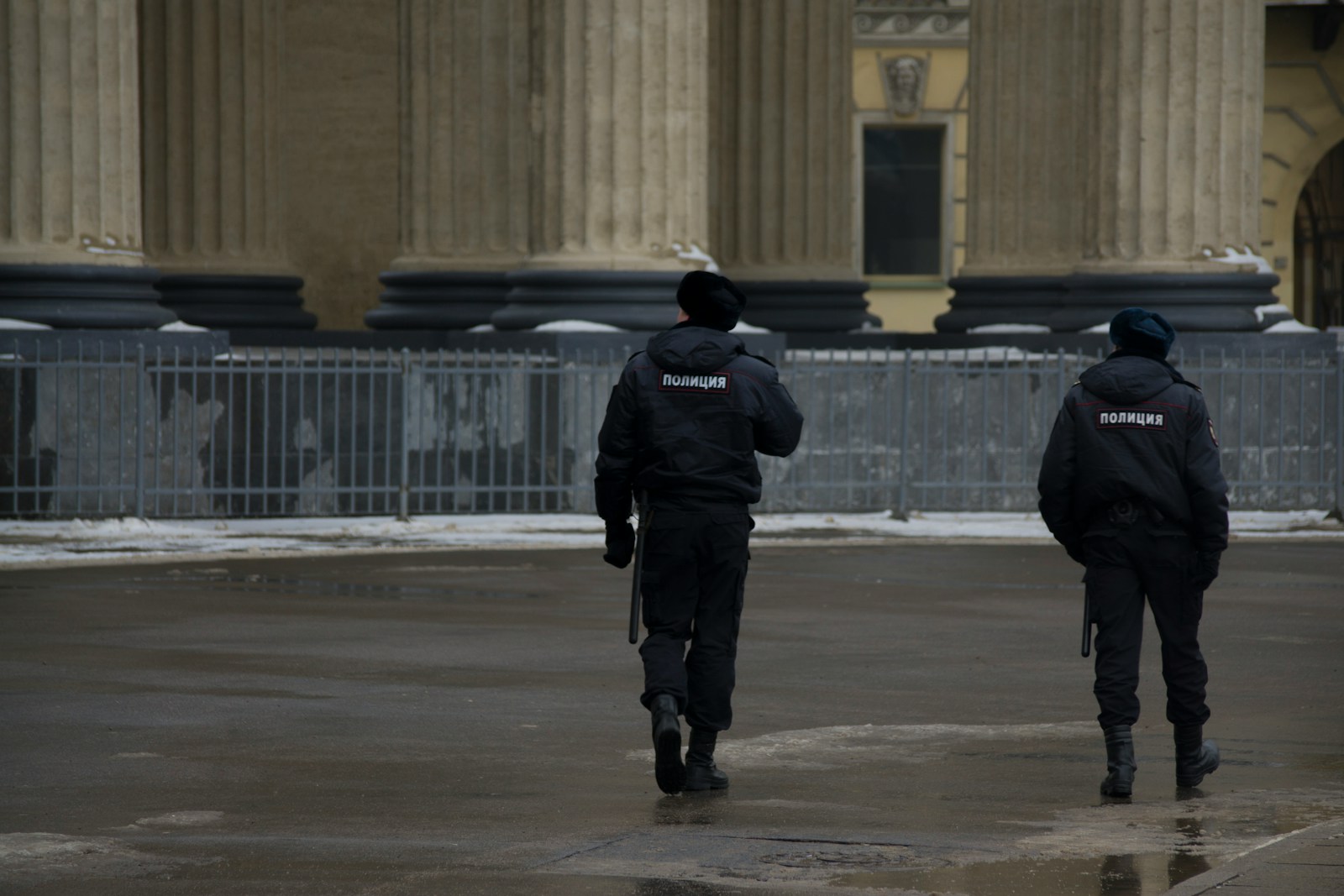A security officer is an expert whose main duties and responsibilities are to ensure protection of a premise, its occupants as well as any visitor who may be in the premise from time to time. These professionals prevent and prevent crime and ensure security, surveillance and quick disaster response. Security officers are needed everywhere business and governmental organizations, in offices, hospitals, schools and stores, and other establishments.
Resume Description for This Job
It is therefore important to prepare a good resume in order to get a job of a security officer . Being attentive, solving the emerging issues and describing any related experience in ensuring safety and order. Emphasize technical expertise for instance, CCTV monitoring and knowledge in security systems.
Sample Resume Description:
“Dedicated security officer with 5+ years of experience in ensuring safety and deterring unlawful activities across various environments, including corporate offices and retail establishments. Adept at monitoring surveillance systems, conducting investigations, and enforcing safety protocols.”
Key Skills to Include:
- Surveillance system monitoring (e.g., CCTV).
- Strong observational and problem-solving skills.
- Knowledge of emergency response protocols.
- Communication and interpersonal skills for resolving conflicts.
- Physical fitness and stamina for patrol duties.
Feel free to adjust details to better match your experience!
Salary (Based Range in the USA)
The salary for a security officer in the United States varies depending on location, experience, and the employer.
- Entry-Level Security Officer: $25,000 – $30,000 annually.
- Mid-Level Security Officer: $30,000 – $40,000 annually.
- Experienced or Specialized Security Officer: $40,000 – $60,000 annually.
Specialized roles, such as armed security officers or those in high-risk environments, often command higher salaries.
Responsibilities

The responsibilities of a security officer encompass a wide range of tasks designed to ensure the safety of people and property. Common duties include:
Monitoring and Surveillance
- Operate and monitor security systems, including CCTV cameras and alarm systems.
- Conduct routine patrols of the premises to deter unauthorized access.
Access Control
- Check IDs, credentials, and visitor logs to ensure only authorized personnel gain entry.
- Enforce property-specific rules and regulations to maintain order.
Incident Response
- Respond promptly to alarms, disturbances, or emergencies.
- Document incidents and assist law enforcement when necessary.
Safety Enforcement
- Ensure compliance with safety regulations and procedures.
- Conduct regular inspections to identify and address potential hazards.
Customer Interaction
- Provide assistance to employees, visitors, and customers in need of guidance or support.
- Resolve conflicts professionally while maintaining a secure environment.
Qualifications
Educational Requirements
- A high school diploma or equivalent is typically required.
- Additional training or certifications in security or law enforcement are advantageous.
Certifications
- Many employers require certifications such as First Aid, CPR, or AED.
- Licenses for armed security positions, where applicable, including firearms training.
Skills and Competencies
- Attention to Detail: Essential for spotting potential threats or irregularities.
- Physical Fitness: Ability to perform patrols and respond to incidents quickly.
- Technical Skills: Familiarity with security systems and software.
- Communication Skills: Strong verbal and written skills for reports and interactions.
- Problem-Solving Abilities: Quick thinking during emergencies.
FAQs
Q1: When is a security guard considered the same as a security officer?
Being a security officer elevated in rank than a guard, there are distinct differences between the two roles but the terms are often used interchangeably; a security officer is a person who supervises security plans and overall security personnel.
Q2: Does one require experience to secure a security position?
Employees to be hired do not need prior experience, however, positions in certain sectors may need experience or further training.
Q3: Does security officer require license?
While some states do not regulate security officers in any way, many require that an individual hold a license if he or she is armed. The licensing requirement also differs from one state to another.
Q4: Who employs security officers?
Security officers are used in the retail stores, hospitals, companies, schools, manufacturing industries and government departments.
Q5: How can I advance in a security career?
The career growth with in this field is achieved either by acquiring more certifications, getting special training sometimes in the area of cyberspace or investigation or get promotions to higher positions like a security manager.
Conclusion
Work as a security officer also gives a meaning and goal of maintaining order and orderliness. As the opportunities are varied through different branches of the economy, this position will benefit those candidates who appreciate responsibility and adherence to the rules and regulations, as well as fast reaction. Regardless, positions in security, no matter if you are still building your career as a beginner or are aiming high and targeting a certain specialized field, on the one hand, it offers its stability, on the other, it also gives an opportunity to progress.
